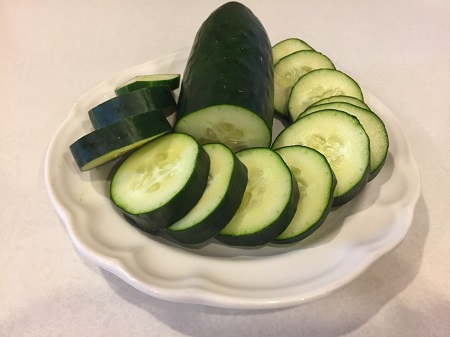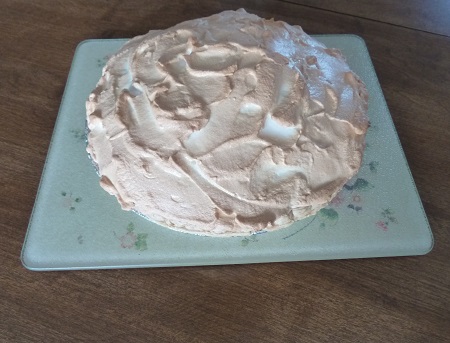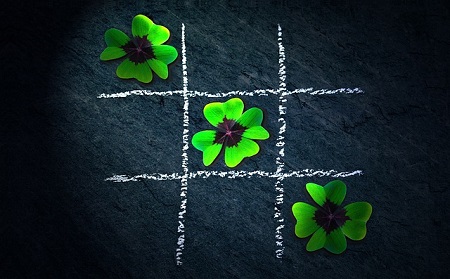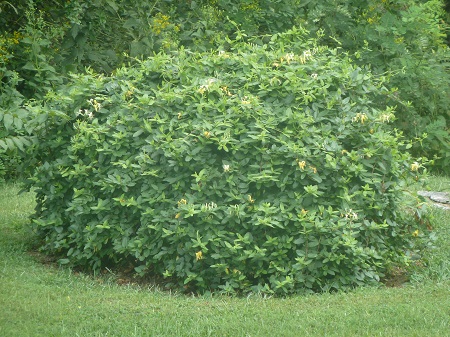Cool as a Cucumber
 Some people stay cool as a cucumber.
Some people stay cool as a cucumber.
Whether good times or bad, they remain calm.
Cucumbers are mostly water, which keeps them cool. A slice of cucumber in a glass of water provides cool refreshment on a hot summer day.
However, cool as a cucumber does not refer to a cool temperature. It means people who rarely get upset.
- Plans don’t go their way. They make other plans.
- People mistreat them. They still treat those people well.
- Losses occur. They give thanks for what they had.
They live an easy-does-it life and look for the light at the end of the tunnel.
Few things get them down.
When they do get down, they soon rise again and keep going. They know that nothing in this life lasts forever. Therefore, they make the most of the moments they have.
Cool as a cucumber people spread peace.
By staying calm and peaceful, they help people around them stay calm and peaceful.
Peace that never fails can be found when anyone lets go and lets God.
“[God’s] peace will keep your thoughts and your hearts quiet and at rest as you trust in Christ Jesus” (Philippians 4:7 TLB).
Thanks to Janna Babak for the suggestion.
Do you have an expression you want explained? If so, please comment below.
Subscribe to receive my weekly posts by email and receive a free copy of “Words of Hope for Days that Hurt.”
If you enjoyed this post, please share it with your friends.
 My sister-in-law recently described a pie to die for. She told how it:
My sister-in-law recently described a pie to die for. She told how it: When we want to check if something happened, we look in the books.
When we want to check if something happened, we look in the books. I have heard third time’s a charm all my life. Like many older expressions, I could not find its origin.
I have heard third time’s a charm all my life. Like many older expressions, I could not find its origin. Above all, I depend on guidance from my never-failing God.
Above all, I depend on guidance from my never-failing God. At the end of the day means our final conclusion.
At the end of the day means our final conclusion.
 “Nip it in the bud. Just nip it in the bud.”
“Nip it in the bud. Just nip it in the bud.”  The first time I saw the ocean was a watershed moment.
The first time I saw the ocean was a watershed moment.  I always thought up a stump meant the same as stumped. My friend Patty Cooper Emerson explained a difference in the two.
I always thought up a stump meant the same as stumped. My friend Patty Cooper Emerson explained a difference in the two.
 You can’t squeeze blood from a turnip means something is extremely hard to do.
You can’t squeeze blood from a turnip means something is extremely hard to do.